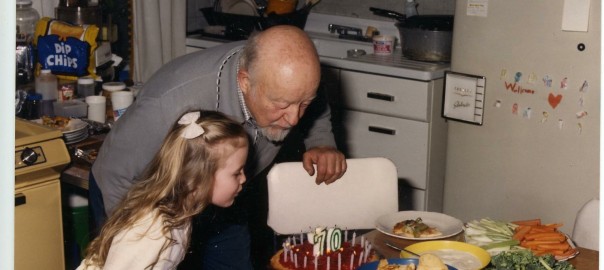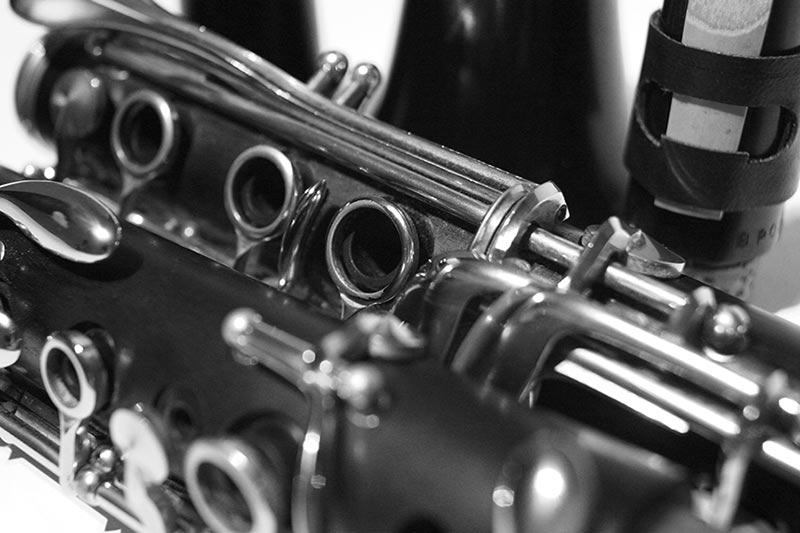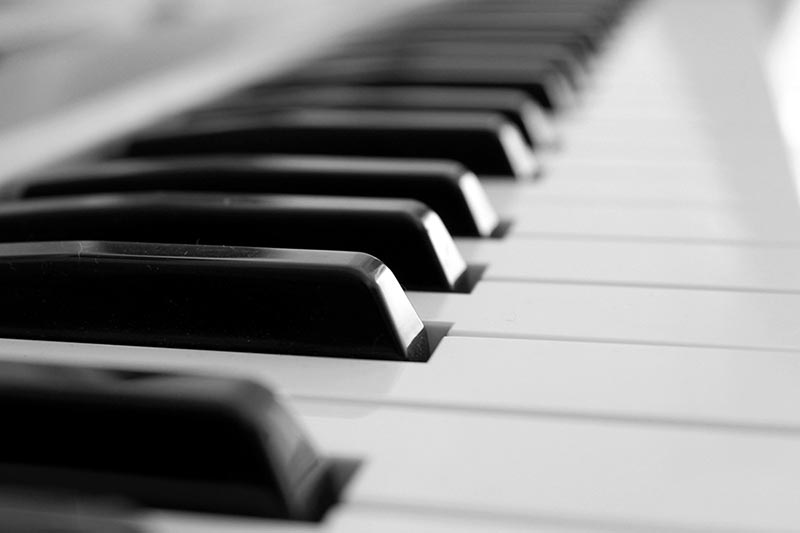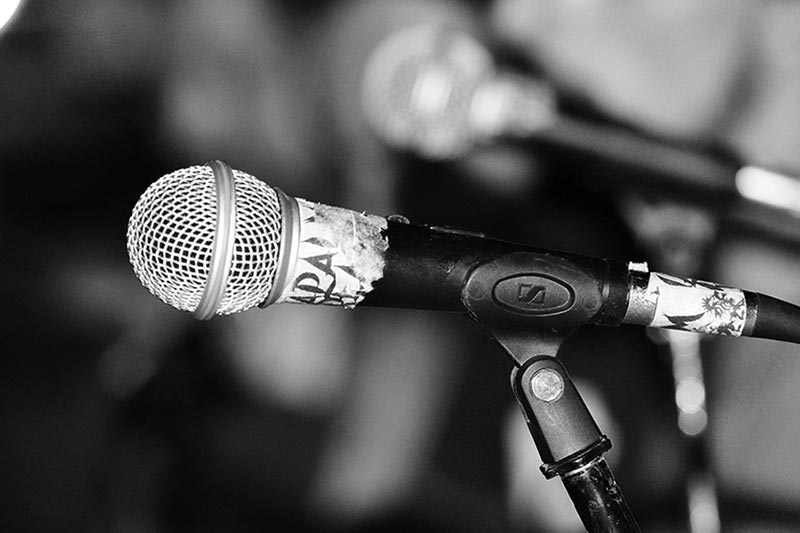My father (pictured) passed away from Alzheimers Disease. It began when I was a young teenager still living at home, prepping for college while continuing my studies in classical piano performance. I would practice the upright piano and he would sit quietly in the other room. Most other times, he would pace nervously back and forth between the various rooms in our modest but aging house. It was an escape for both of us…
As an article from the Alzheimers Foundation so apltly pointed out,
“Music has power—especially for individuals with Alzheimer’s disease and related dementias. And it can spark compelling outcomes even in the very late stages of the disease.
When used appropriately, music can shift mood, manage stress-induced agitation, stimulate positive interactions, facilitate cognitive function, and coordinate motor movements.
This happens because rhythmic and other well-rehearsed responses require little to no cognitive or mental processing. They are influenced by the motor center of the brain that responds directly to auditory rhythmic cues. A person’s ability to engage in music, particularly rhythm playing and singing, remains intact late into the disease process because, again, these activities do not mandate cognitive functioning for success.”
This is a detailed way of saying something very simple. Music is therapeutic. It heals things that are broken within us that we cannot see nor explain. Somehow, we are unlocked by harmony, melody, and rhythm. The vibration that creates sound, stirs something us in as well. As a music teacher and daughter of a parent with Alzheimers, I can tell you firsthand that I have seen the healing powers of music.








